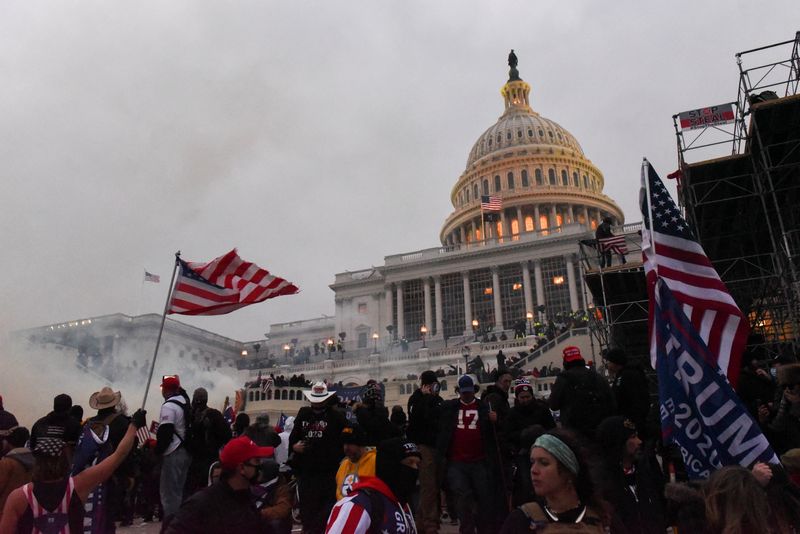Donald Trump has repeatedly promised to pardon or reduce sentences for January 6th defendants if re-elected, aiming to act “very early on” in a new term. The logistics here hinge on presidential powers: the Constitution grants the president near-total discretion over federal pardons and commutations, meaning he could pardon anyone convicted in federal courts for January 6 crimes without further approvals.
Who Could Be Pardoned?
Trump has hinted he might not pardon all, suggesting he could focus on those he views as “unfairly” prosecuted, with some violent cases possibly excluded. Examples of those who might qualify include individuals like Derek Evans, a former West Virginia lawmaker who received a three-month sentence for entering the Capitol but wasn’t violent. Then there are more severe cases, such as Robert Palmer, who was sentenced to over five years for attacking officers with a fire extinguisher—a type of case Trump may treat with more caution.
The Mechanics of Pardoning
If he wins, Trump could use his executive authority to pardon en masse or case-by-case, deciding which convictions to vacate or sentences to cut short. It’s a power he leveraged extensively in his first term, and he’s indicated he’d use it immediately in January 2025. Critics argue, however, that sweeping pardons could be seen as encouraging or excusing anti-democratic actions.
Public Reaction and Legal Impact
Trump’s plans draw sharp divides: supporters say it corrects prosecutorial overreach, while opponents argue it undermines the rule of law. Legal experts warn this could create a precedent where criminal actions in the name of political allegiance are effectively shielded from consequence, intensifying the political and legal landscape in the U.S.

